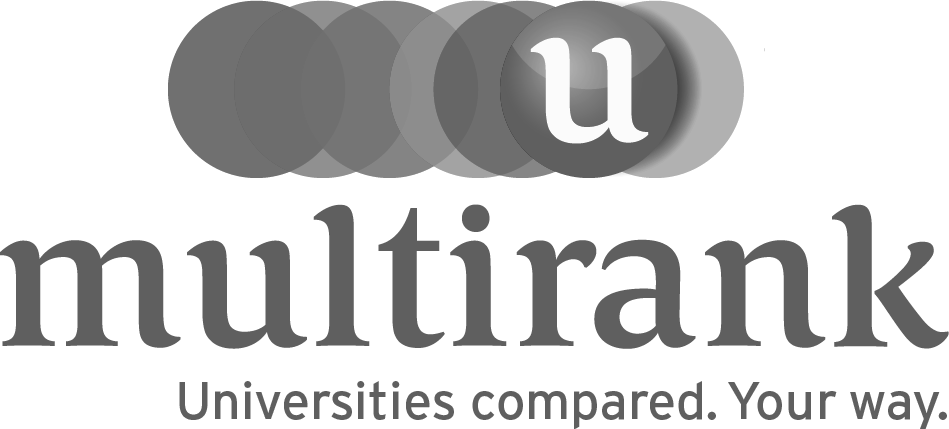The University of Dubrovnik is among the “youngest” universities in Croatia. It was established in 2003. on the foundations of a very long tradition which goes back to the 17th century, but also on decades of modern higher education.
By its programs, its organisation and its technical equipment, the University of Dubrovnik can be stands among very modern educational institutions.
The main characteristics of the University of Dubrovnik are:
Organisation system which does not copy the existing universities in the Republic of Croatia and the financing which grants complete integration of the University;
Departments for studies and professional courses, with organisation and implementation of scientific and highly professional work in a given field;
Realisation of educational plans and programs that are completely compatible with the Bologna Declaration;
Guarantee of transfer of ECTS credits and of mobility of students and lecturers;
Stimulation of active involvement of students in the education process, governing bodies and research projects, and extra–curricula activities;
Continuous monitoring of the quality of educational activities based on mutual evaluation of students and lecturers;
Stimulation of educational and scientific improvement of lecturers and their assistants;
Implementation and improvement of quality control of work and business (HRN EN ISO 9001 :2002);
Monitoring needs of the economy and of the social community in the preparation of new educational plans and programs which are based on the cultural tradition of Dubrovnik, while, at the same time, introducing new modern programs which should create new traditions;
Openness towards the international co–operation with the aim of attracting international programs and foreign students.
In the academic year 2004/2005 the University of Dubrovnik had twelve university and six professional courses in the following fields: science of navigation, marine engineering, marine electrical engineering and communication technologies, business and applied information technology, aquaculture and mariculture, economy and business studies, tourism and mass communication.
At the moment, the number of students is 2300, while the number of people engaged in lecturing, professional and scientific activities at the University adds to 180.











